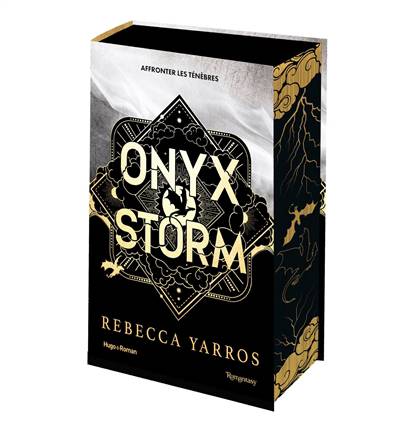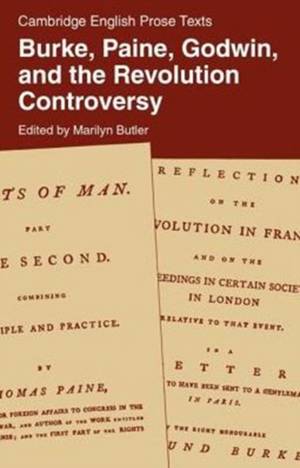
- Retrait gratuit dans votre magasin Club
- 7.000.000 titres dans notre catalogue
- Payer en toute sécurité
- Toujours un magasin près de chez vous
- Retrait gratuit dans votre magasin Club
- 7.000.0000 titres dans notre catalogue
- Payer en toute sécurité
- Toujours un magasin près de chez vous
Burke, Paine, Godwin and the Revolution Controversy
104,95 €
+ 209 points
Description
Cambridge English Prose Texts consists of volumes devoted to selections of non-fictional English prose of the late sixteenth to the mid nineteenth centuries. The series provides students, primarily though not exclusively those of English literature, with the opportunity of reading significant prose writers who, for a variety of reasons (not least their generally being unavailable in suitable editions), are rarely studied, but whose influence on their times was very considerable. Marilyn Butler's volume centres on the great Revolution debate in England in the 1790s, inspired by the French Revolution. The debate consists of a single series of works which depend for their meaning upon one another, and upon the historical situation which gave them birth. Major tracts by Burke (Reflections on the Revolution in France), Paine (The Rights of Man), and Godwin (Enquiry Concerning Political Justice) are given at length, while important shorter pieces by such writers as Hannah More, Thomas Spence, and William Cobbett appear virtually complete. The volume is especially interesting for its portrait of a community of oppositional writers. Many of them knew one another personally, and stimulated and sustained one another against the pro-government majority. Their collaborative literary enterprise, and its break up, offer a fascinating perspective on Romanticism and the growth of an extra-parliamentary opposition functioning through the press. The volume also reveals the impact of the great debate on writers such as Mary Wollstonecraft, Coleridge, and Wordsworth. As with other titles in the series, the volume is comprehensively annotated: obscure allusions to people, places, and events are glossed in footnotes and endnotes, while prefactory headnotes comment on the circumstances surrounding the composition of each extract. In a substantial introduction Dr Butler offers a broad examination of this pamphlet war and its main participants. There is a helpful critical guide to further reading for those wishing to pursue their study of the subject. The volume will be a vital sourcebook for students of English Romantic literature, history, and political history.
Spécifications
Parties prenantes
- Editeur:
Contenu
- Nombre de pages :
- 276
- Langue:
- Anglais
- Collection :
Caractéristiques
- EAN:
- 9780521286565
- Date de parution :
- 27-07-84
- Format:
- Livre broché
- Format numérique:
- Trade paperback (VS)
- Dimensions :
- 142 mm x 217 mm
- Poids :
- 367 g

Les avis
Nous publions uniquement les avis qui respectent les conditions requises. Consultez nos conditions pour les avis.





